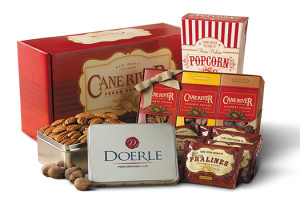When you mention Carnival time, opulent parades, parties and displays of Mardi Gras celebrations immediately come to mind for most people. However, Mardi Gras is the very last day of Carnival. By the time we’re celebrating Mardi Gras, Carnival is at its end, Lent is about to begin, and many of us have missed out on all the joys of what Louisiana natives revere as an entire Carnival season. This year, make a resolution to begin Carnival right, starting with King’s Day—the very first day of Carnival—with its own very special traditions.
What Is King’s Day?
Just as Christmas always falls on December 25th in Western Christian traditions, King’s Day is always January 6th and marks both the end of the 12 days of Christmas and the beginning of Carnival. King’s Day celebrates the Christian Feast of the Epiphany, often referred to simply as Epiphany, commemorating the visit of the three magi who followed a star to pay homage to the Christ child with precious gifts of gold, frankincense and myrrh. The occasion is often also referred to as Three Kings Day to remind us that a trio of determined wise men made the long, dangerous journey to Bethlehem. Twelfth Night is the eve of Epiphany, marking the days that had passed since Jesus’ birth.
The History of King’s Day
The celebration of Epiphany dates back to the Christian churches of Rome in the mid-to-late fourth century. The earliest reference comes from Roman historian Ammianus Marcellinus, who wrote in the year 361 that January 6 was Christ’s birthday and Epiphany. However, it wasn’t until mid-sixth century—the year 534—that the Western church separated Christ’s birth and the visit of the magi into two separate festivals—the former being held on December 25, and the latter being held on January 6.
Since then, the Feast of the Epiphany or Three Kings Day has spread around the world as one of the most important dates on the Christian Church calendar — one worth celebrating with blessings, parties and, of course, king cake.
The Evolution of King Cake
In general, cake has historically carried great cultural, social and even religious significance. Cake represented plenty and the luxurious idea that one had enough supplies to be able to make something special to be shared.
Food historians place the king cake’s origins at least as far back as ancient Rome and its festival Saturnalia. Observed in December, Saturnalia was an agricultural holiday celebrating the harvest and a time of plenty. It was also a time when many social conventions were suspended. A key event was a reversal of roles between servants and masters. Most households served a special cake in which a fava bean was hidden—a bean that some cultures even considered magical. The servant or individual who received the bean in their piece of cake was declared king for the day.
As Christianity replaced paganism, Christmas and Epiphany gradually displaced and replaced the ancient Saturnalia, but the sweet confection known as king cake took its place as a key feature of Three Kings Day wherever you might be.
Today’s modern king cake gets its origins from France’s Galette Des Rois, a form of king cake that is perhaps the most iconic of all Epiphany confections. The galette des rois is a round of puff pastry filled with frangipane, sweet almond paste. It’s often served with cider or a sparkling wine like Champagne. When it’s cut, a young child is to sit beneath the table, calling out who should receive each slice. Whoever finds the fève in their serving gets to claim the gold crown that comes with the pastry.
Celebrating Like a Local
In Louisiana, Carnival is also known as king cake season, with King’s Day on January 6th marking its start. While many king cakes will be eaten on the feast day, many, many more king cakes will be devoured throughout the entire Carnival season.
You can count on any number of variations on a light, delicious sweet dough iced or sugared in Carnival’s official colors of purple, green and gold—colors that Louisiana businessmen selected in 1872 to represent justice, faith and power, respectively. Cakes may be the traditional oval, braided or stuffed with any number of delectable fillings, and you can nearly always count on a little baby Jesus making an appearance to commemorate the occasion—and determine who has to buy the next king cake.
This year, start Carnival off right with an authentic king cake from Cane River Pecan Company for King’s Day. Explore our online collection of flavors today, and share a sweet beginning to the Mardi Gras season with your friends, family and coworkers.
Sources
https://www.experienceneworleans.com/beginning-of-carnival.html
https://www.britannica.com/topic/Epiphany
https://www.mardigrasneworleans.com/history/
https://www.history.com/topics/ancient-rome/saturnalia
England – https://britishfoodoistory.com/2019/01/05/twelfth-night-cake/
https://www.caneriverpecan.com/product/king-cake-shipping-included/all-products
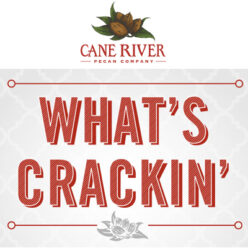
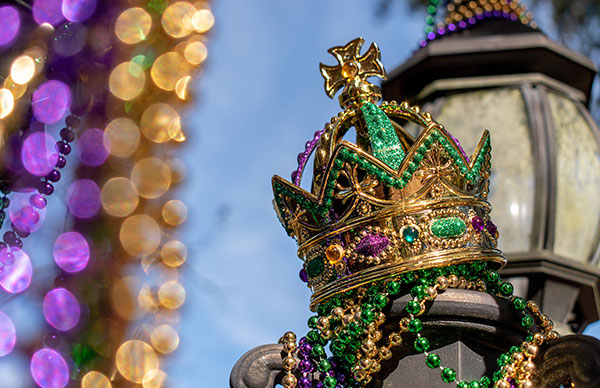
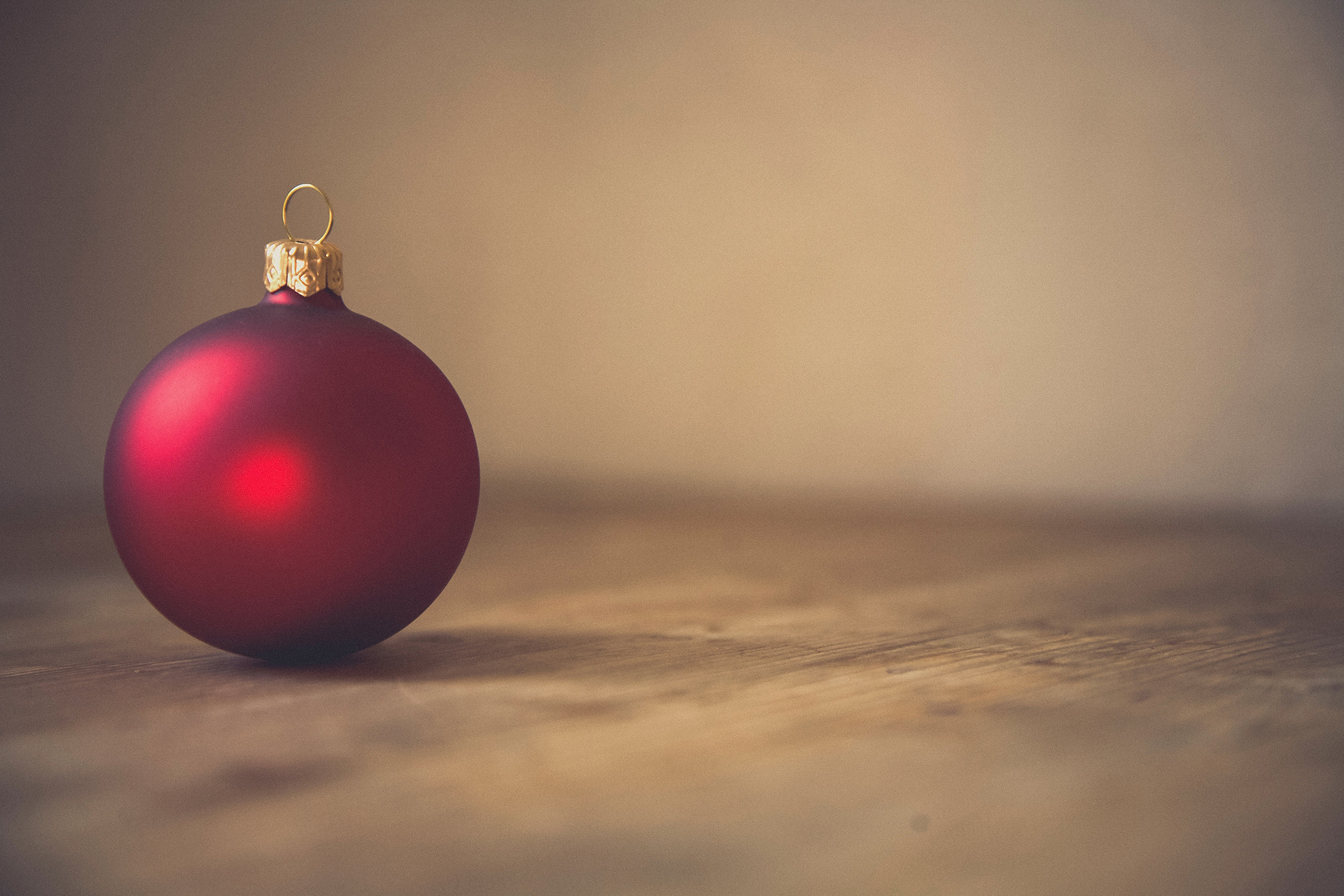


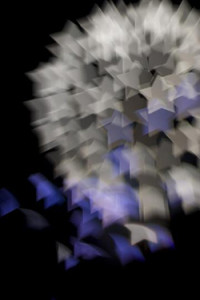

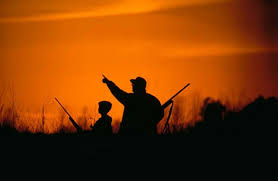
 Gift buying can certainly be a time of over complication. Lists, budgets and people’s wishes all factor in when making decisions about what to buy. Here are seven ways to make the holiday gift buying experience a little less complicated:
Gift buying can certainly be a time of over complication. Lists, budgets and people’s wishes all factor in when making decisions about what to buy. Here are seven ways to make the holiday gift buying experience a little less complicated: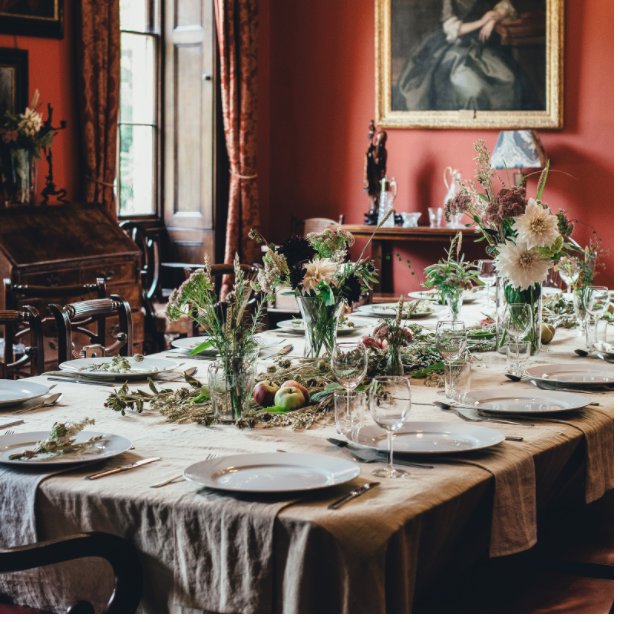 There is quite a lot of pressure when hosting a dinner party. What you anticipate to be a fun and festive evening can turn into a “what was I thinking?!” personal meltdown in the kitchen. Consider not doing the following when thinking about hosting a dinner party:
There is quite a lot of pressure when hosting a dinner party. What you anticipate to be a fun and festive evening can turn into a “what was I thinking?!” personal meltdown in the kitchen. Consider not doing the following when thinking about hosting a dinner party: